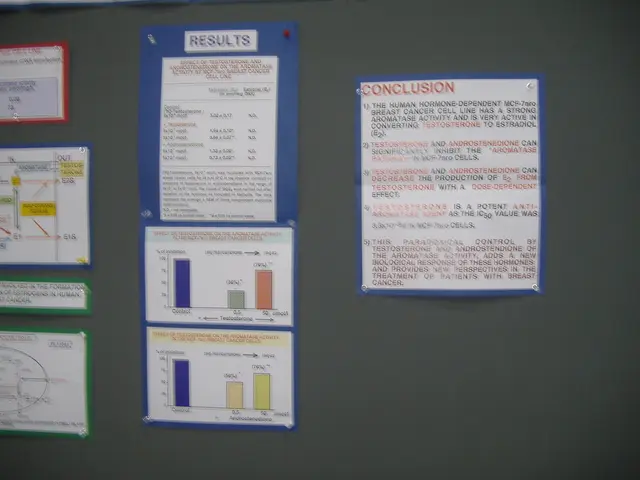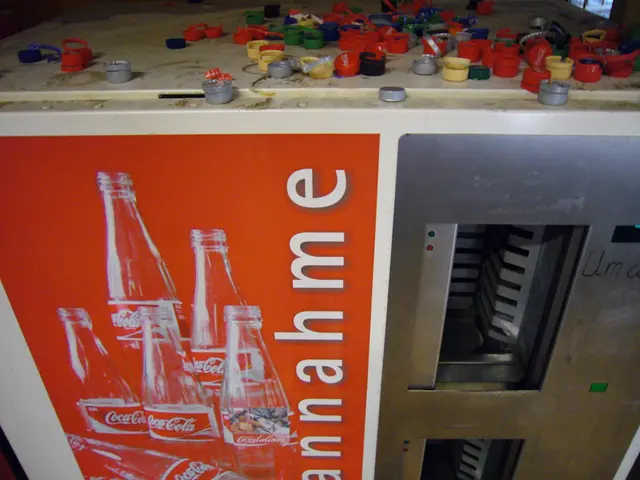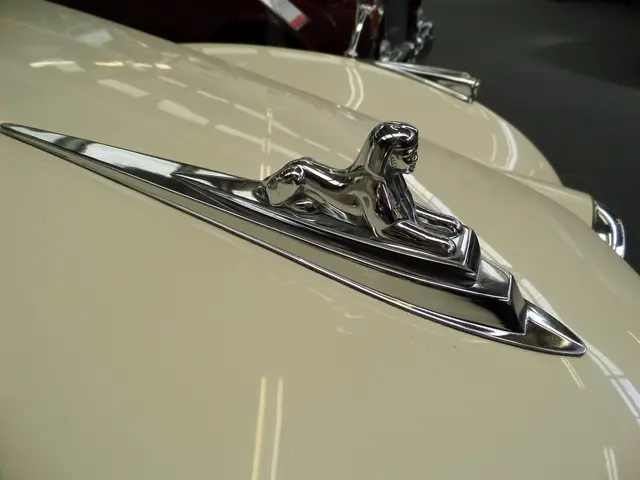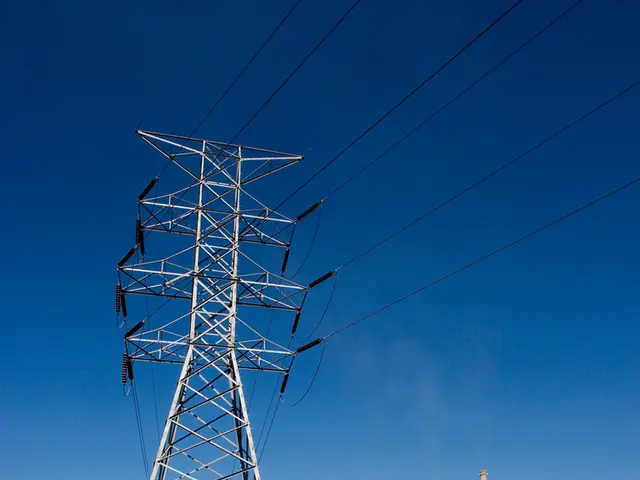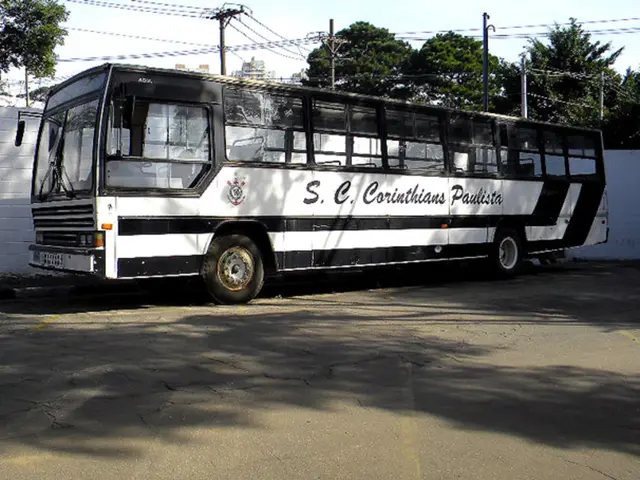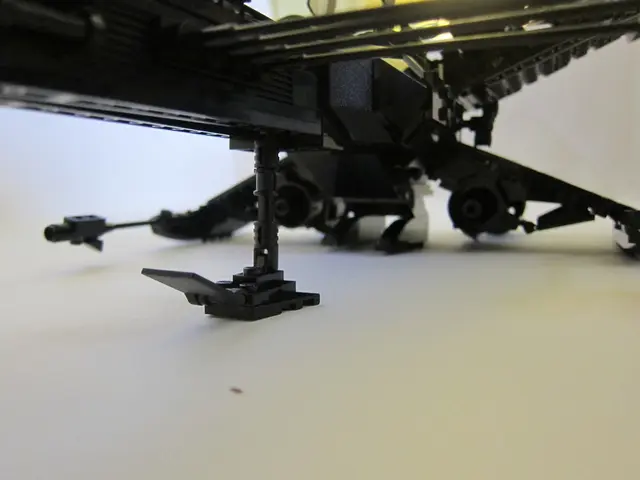U.S. car manufacturers showing no urgency to shift production to domestic plants to dodge tariffs
Building a car in America to dodge Trump's tariffs may sound simple, but it's a Herculean task filled with costs and uncertainty.
With tariffs on steel, aluminum, and Asian and European cars looming, the auto industry faces potential price increases of thousands of dollars per car. Tariffs on goods imported from Canada and Mexico have been threatened twice since Trump took office, causing a whiff of confusion that makes long-term planning impossible.
The White House has suggested that auto manufacturers should just move production to American plants, but this is easier said than done.
While Trump's administration claims this shift can happen quickly without any drawbacks, that's far from the truth.
"There's a lot of cost and a lot of chaos" from Trump's tariff threats, as Ford CEO Jim Farley pointed out during an investor conference last month. Yet, automakers aren't itching to build new plants anytime soon.
One of the main reasons for the hesitation is the lack of certainty offered by Trump's on-again-off-again tariff policies. "If they become permanent, then there's a whole bunch of different things that you have to think about," General Motors CFO Paul Jacobson said last month, referring to the placement of new plants and manufacturing shifts.
However, they have too many unanswered questions about the future of trade policy to make such decisions. "Those are questions that just don't have an answer today," Jacobson added.

Even something as seemingly simple as switching a factory to a different model can shut the plant down for a year or more. Building a new plant takes years from the announcement to the first car rolling off the assembly line, even in the case of a dormant plant being reopened.
Stellantis, which manufactures cars under the Jeep, Ram, Dodge, and Chrysler brands, announced plans back in 2021 to reopen a shuttered plant in Belvidere, Illinois. Yet, that plant won't reopen until 2027.
While the White House argues that tariff threats are necessary to "save" the U.S. auto industry, U.S. factories already produce the majority of North American auto production. In fact, there were 10.2 million cars built at U.S. assembly plants last year compared to 4 million at Mexican factories and 1.3 million in Canada.
Some economists estimate that tariffs could raise the cost of "American" cars by between $3,000 to $12,000 per vehicle. This cost would be passed onto dealers and eventually onto car buyers, making cars that are already near record high prices unaffordable for many buyers, or unprofitable for the automakers to continue to build. As a result, there could be less production, and fewer jobs in car and parts manufacturing.
In essence, there's no such thing as a truly "all-American" car. Even if automakers open new factories or increase production at existing plants, tariffs would still increase the cost of American cars significantly. This is because automakers have operated as if North America is a single market under NAFTA and USMCA, moving parts freely across borders for final assembly. Mexico exports $82 billion worth of auto parts to the United States, while U.S. parts manufacturers ship $36 billion in parts to Mexico and $28 billion to Canada. The movement of parts back-and-forth across the border means that most cars don't qualify as "all-American."
- Despite the White House's suggestion, the auto industry finds it challenging to swiftly increase production in American plants due to the potential cost and chaos from Trump's tariff threats.
- With the looming tariffs on goods imported from Canada, Mexico, and Asian and European cars, American car prices may increase by thousands of dollars per car, making them unaffordable for many buyers, or unprofitable for the automakers to continue building.
- Although there's no plans for automakers to build new plants anytime soon, tariffs could still impact the production cost of American cars significantly, even if parts are locally sourced, due to the integrated supply chain across North America.

